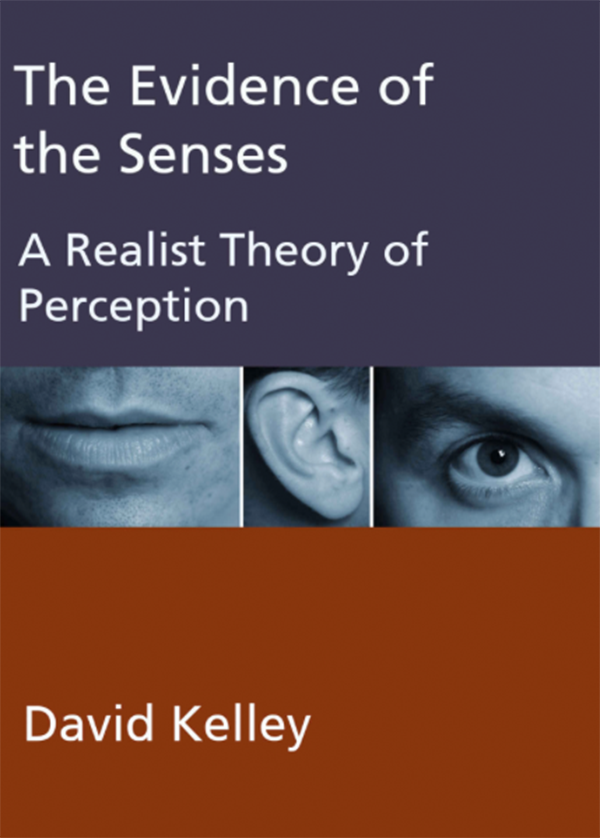Digital Downloads
Evidence of the Senses: A Realist Theory of Perception
Evidence of the Senses: A Realist Theory of Perception
Couldn't load pickup availability
In this highly original defense of realism, The Atlas Society founder David Kelley argues that perception is the discrimination of objects as entities, that the awareness of these objects is direct, and that perception is a reliable foundation for empirical knowledge. His argument relies on the basic principle of the "primacy of existence," in opposition to Cartesian representationalism and Kantian idealism.
In the first part of the book, Kelley discusses the nature and validity of perception. He argues against classical sensationalist and modern computational theories, according to which perception involves inferences from sensory input. Unlike most realists, he also offers an in-depth consideration of the problems of perceptual relativity. His theory incorporates a key distinction between the object and the form in which it is perceived. This distinction provides insights into the status of phenomenal qualities, the nature of perceptual constancy, and the difference between primary and secondary qualities.
In the second part of the book, Kelley is concerned with the way we distinguish conceptual knowledge from perception. His theory of non-propositional justification shows how perceptual judgments are supported by the direct awareness of objects, and it allows a novel defense of empiricism.
An original and substantial contribution to the philosophical literature, this book will be invaluable to philosophers, psychologists, and anyone interested in the complex subject of perceptual theory.
Share


